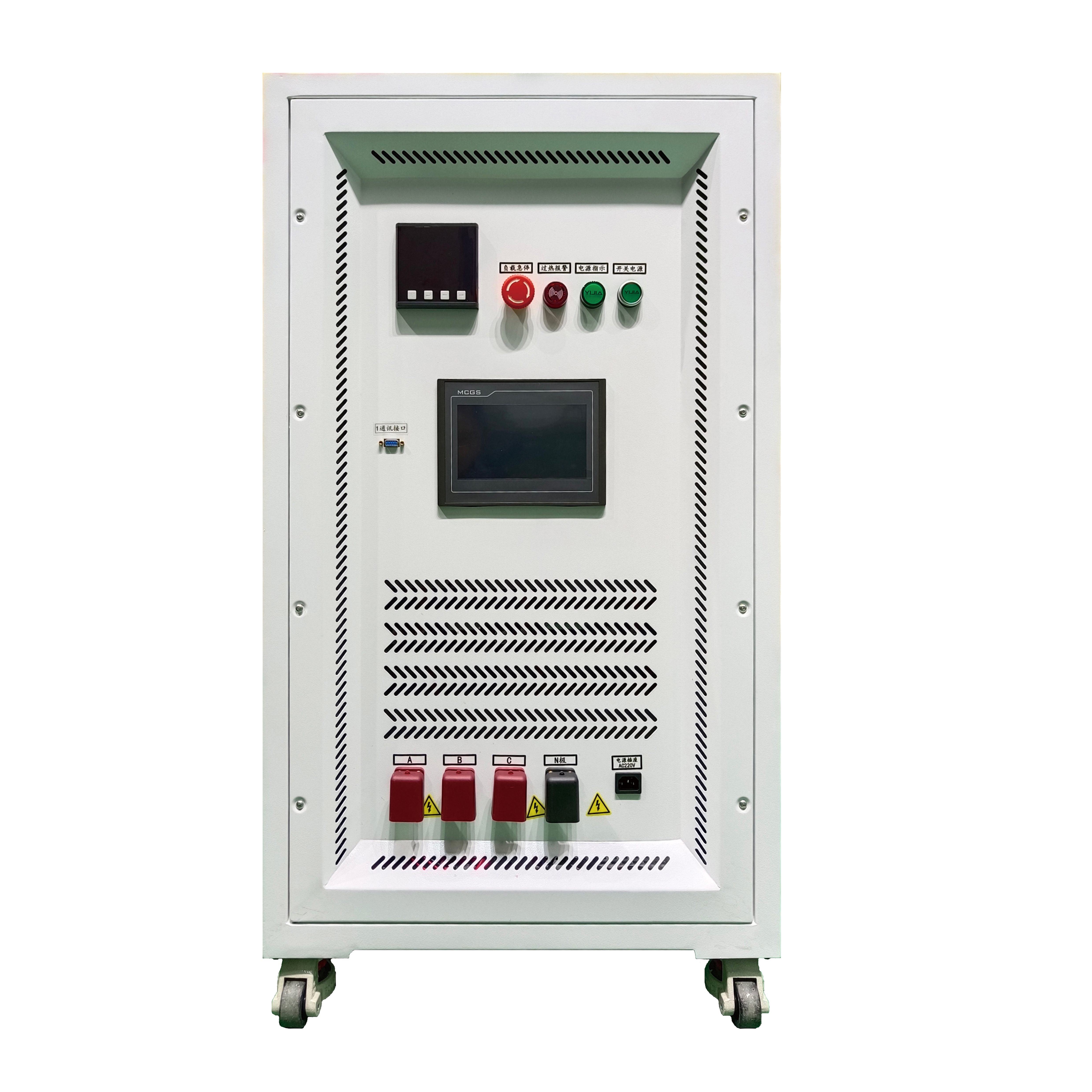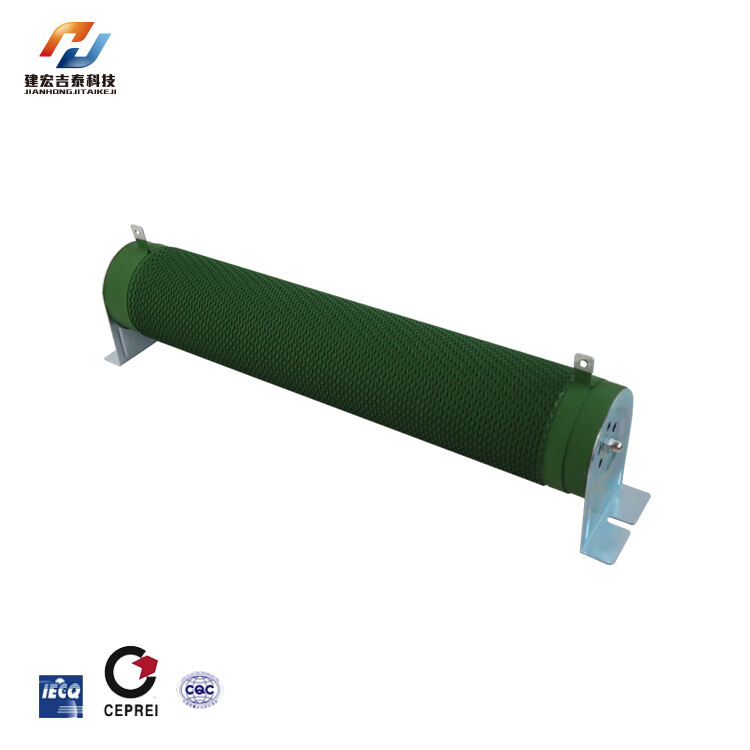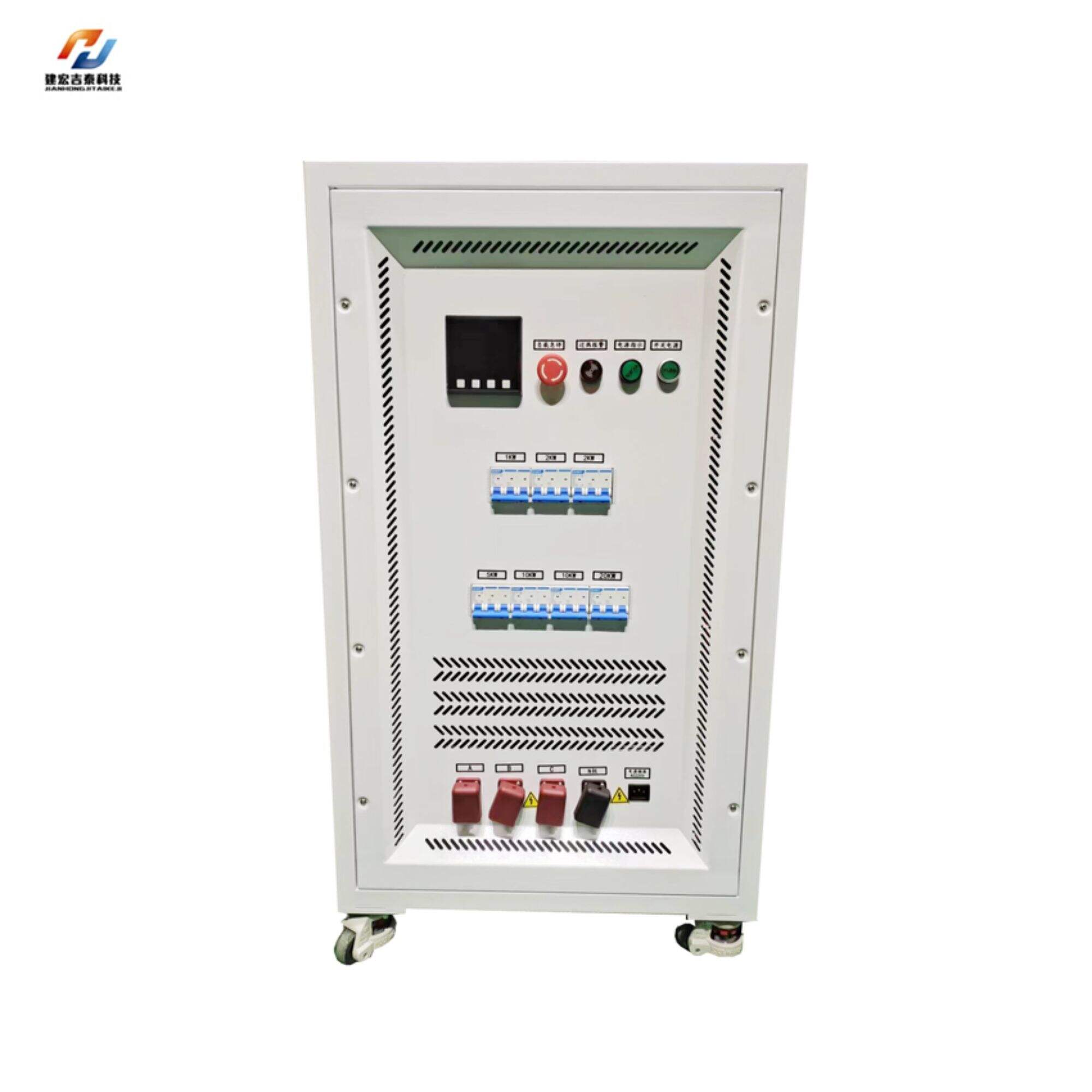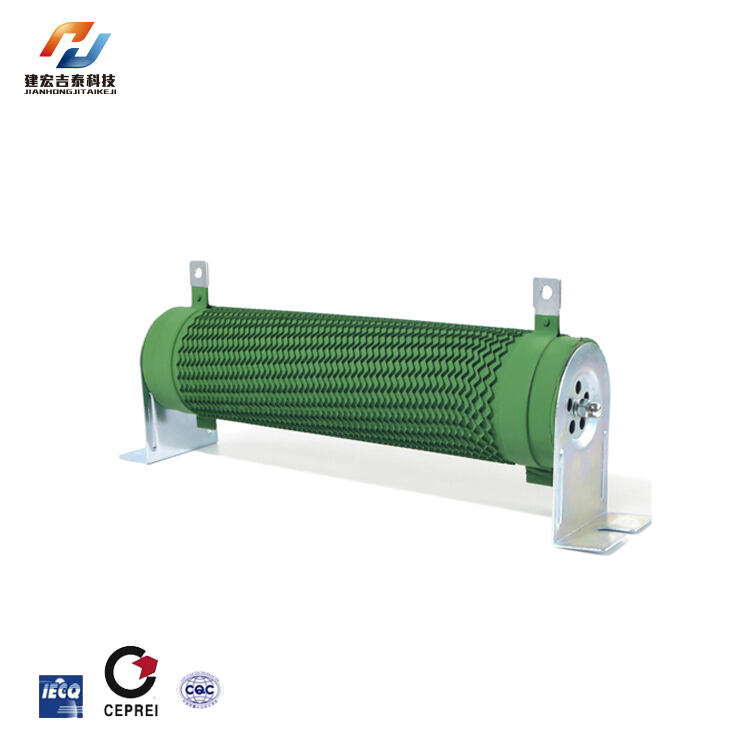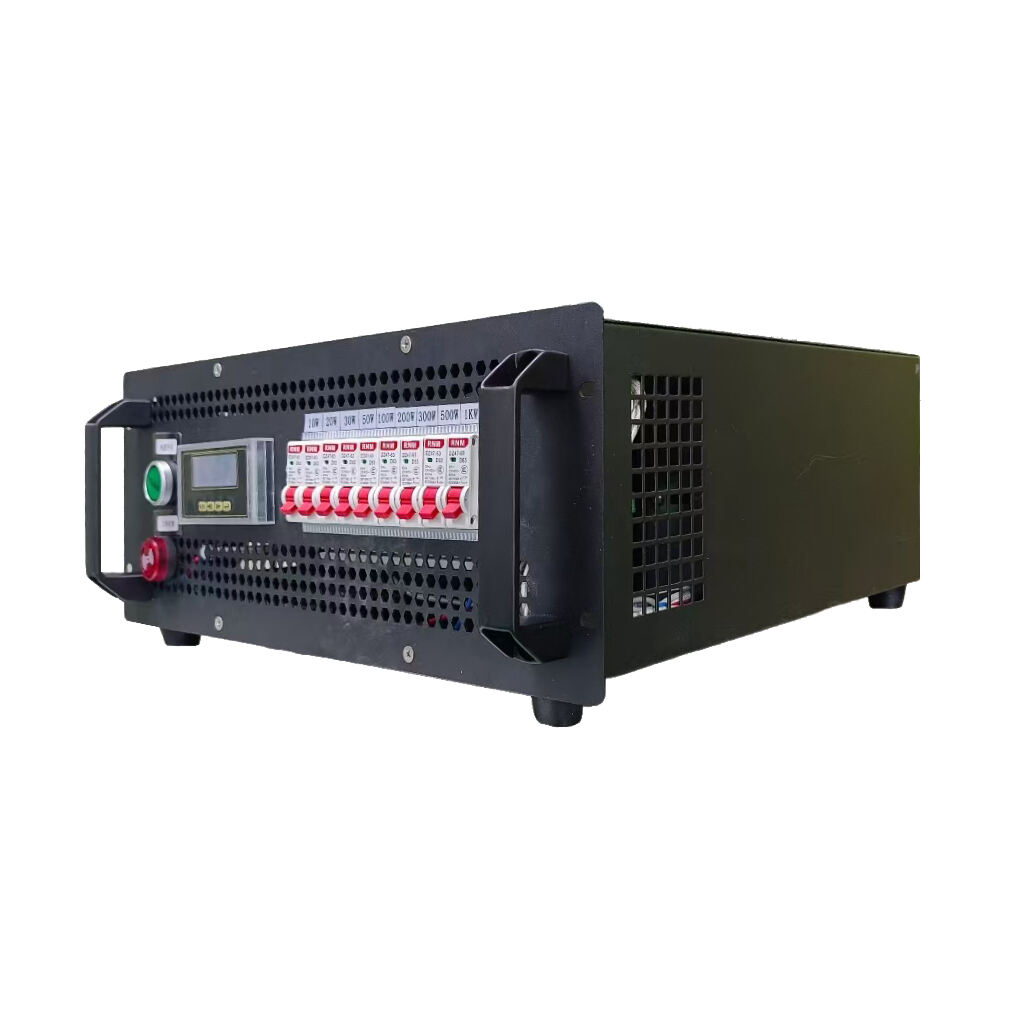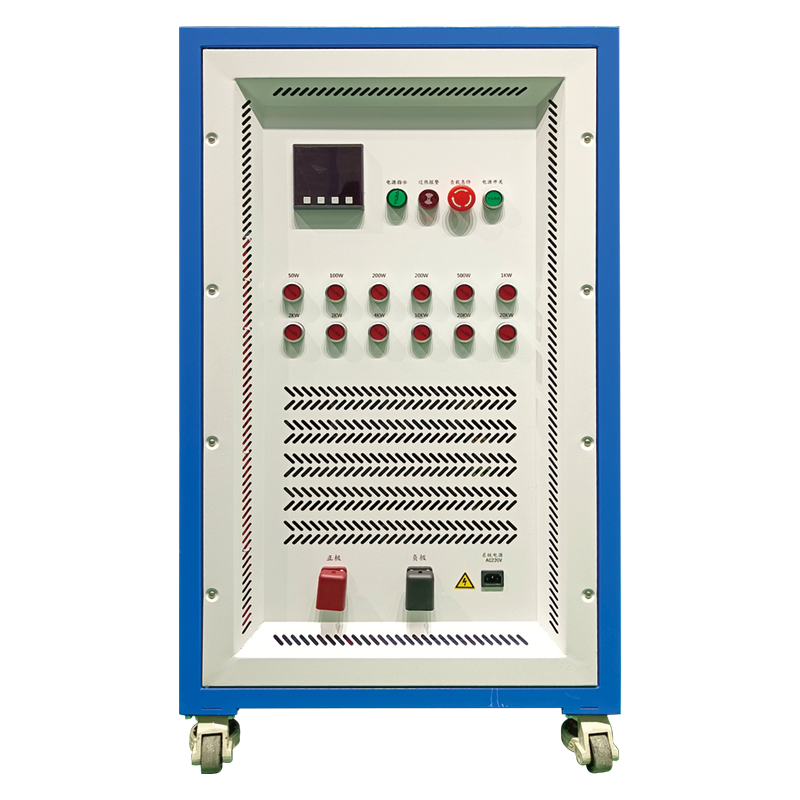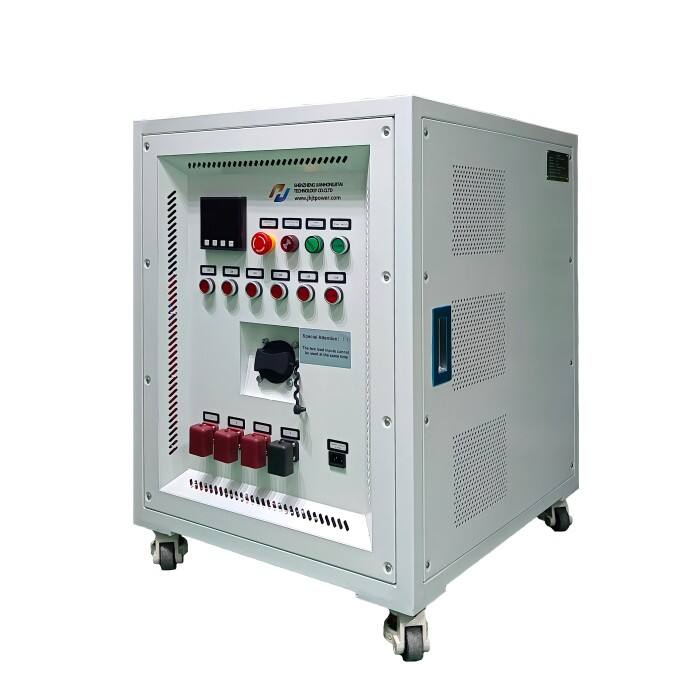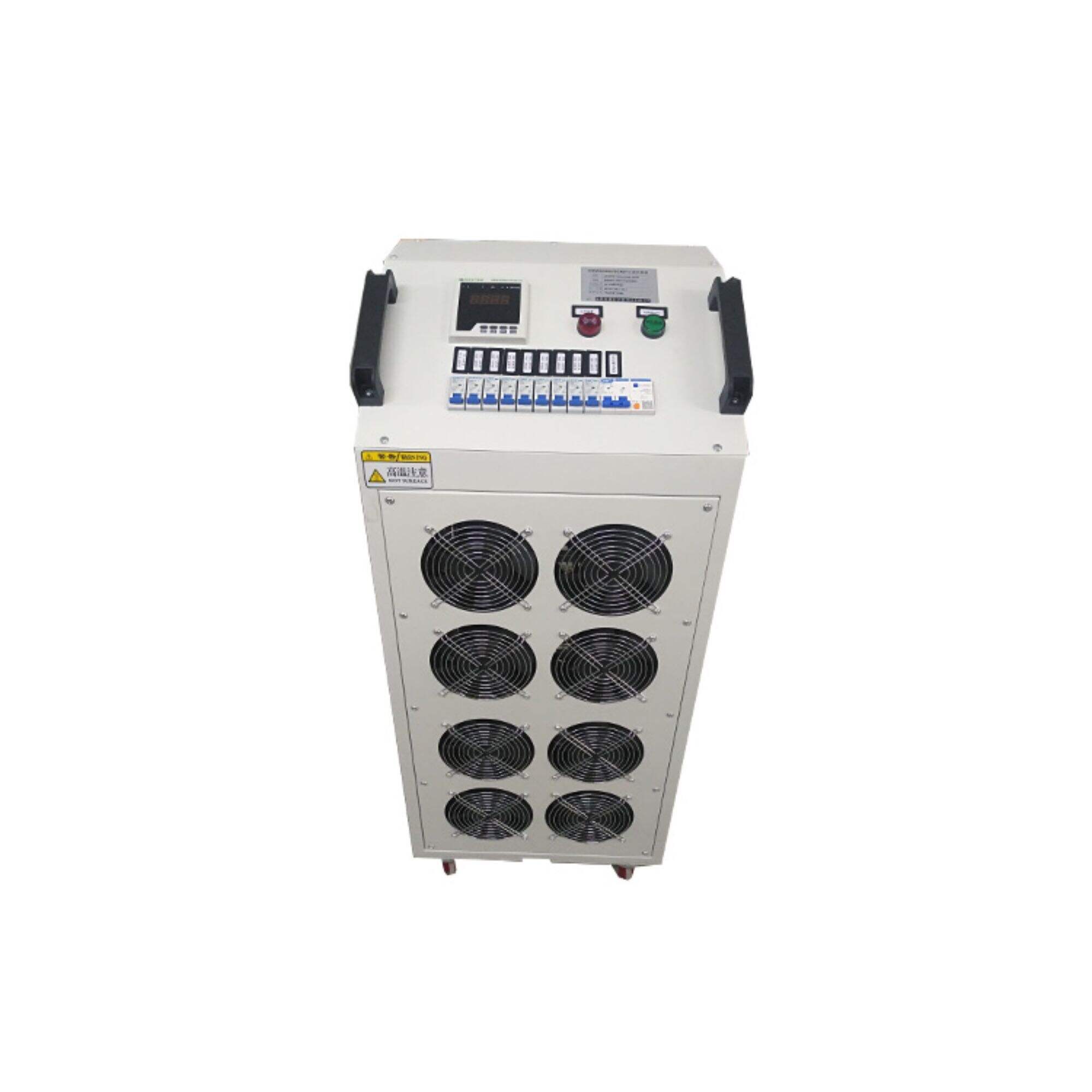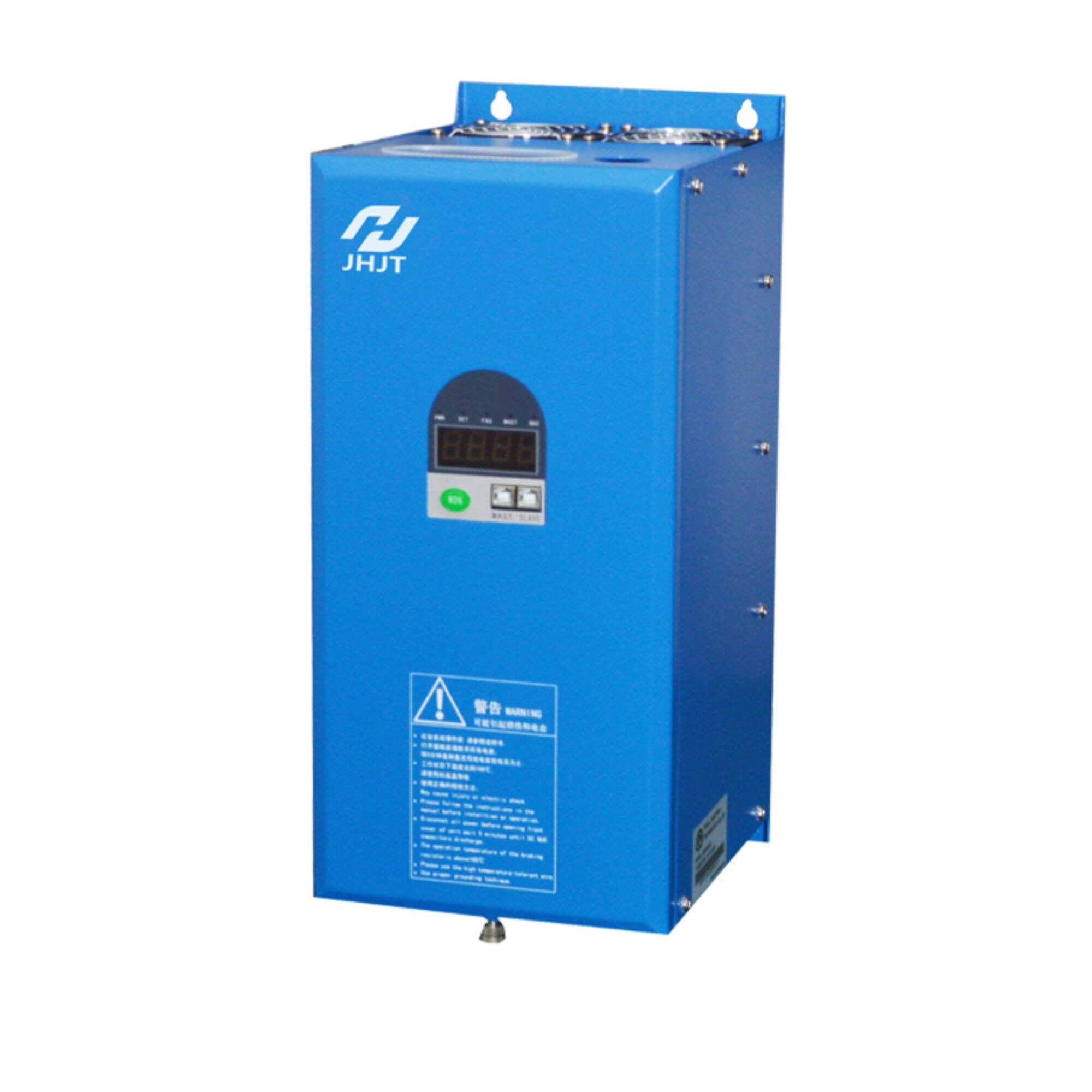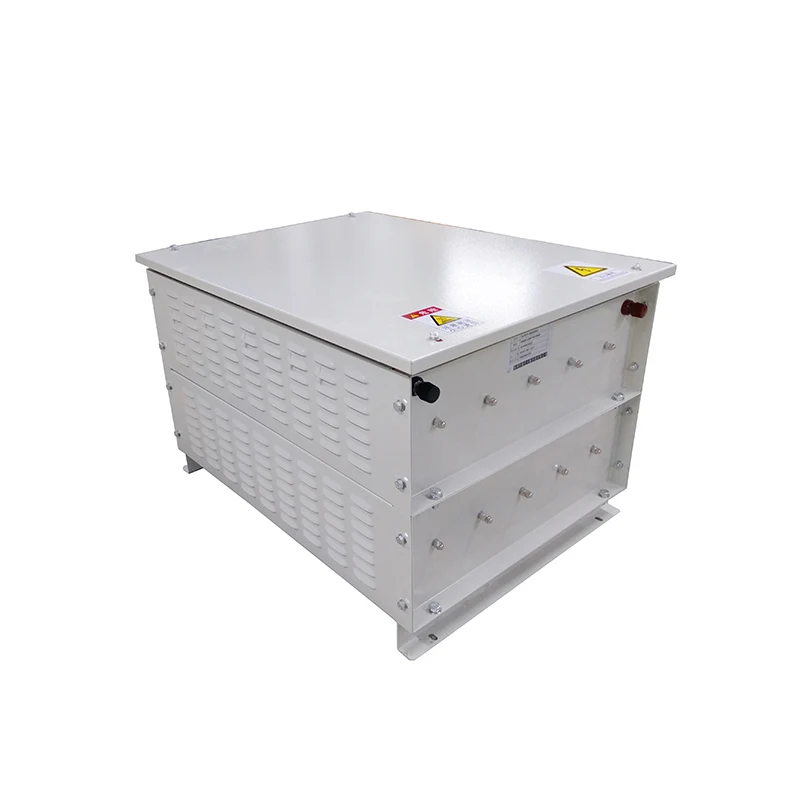Exploring The Applications Of Wirewound Resistors In Electronics
Wirewound resistors are one of the most common types of passive electronic components that are applied in many different types of electronic circuits. This makes them a necessary component in various applications because they provide accurate resistance values and high levels of stability.
Power electronics is among the main uses of wirewound resistors. In power circuits, they are usually used for current and voltage limiting, overload and spike protection. They can also be rated to handle high levels of power dissipation, meaning they can be used in high-power applications like motor control systems, power supplies and inverters.
Wirewound resistors are also used in temperature sensing and control systems. These kinds of resistors have a positive temperature coefficient (PTC) which means that their resistance rises with increasing temperature. Their use is thus ideal with thermal sensors, thermostats or other temperature control systems.
Signal conditioning and filtering circuits constitute some other areas where wirewound resistors are used. They have an excellent frequency response as well as a low noise level which required for audio amplifiers, data acquisition systems as well as instrumentation equipment among others. Furthermore, they don’t undergo much distortion while passing through high frequency energy, therefore making them appropriate for RF applications.
Thus wirewound resistors are manufactured in different sizes, materials and shapes which make them suitable for various types of circuits as well as environments. Commonly these devices are constructed from ceramic material or vitreous enamel or metal alloy dependent on the material utilized affects their capabilities such as tolerance stability and so on.
Wirewound resistors play an important role in modern electronics by assisting in power regulation, temperature sensing & control system applications- signal conditioning application- filtering applications etc. The precise resistance values, high stability, and long lasting nature of these resistive materials mean that they will continue to be indispensable parts in electronic circuits across industries with various needs at least during the next few decades
Recommended Products
Hot News
-
What Are The Functions Of The Ac Load Box For Power Supply Detection And Maintenance
2024-01-11
-
The Use Characteristics And Methods Of The Load Bank Of The Generator Set
2024-01-11
-
The function of the load bank
2024-01-09
-
Explore The Types And Characteristics Of Resistors: Fixed And Variable Resistors
2024-01-09
-
How Resistors Work And Their Applications In Circuits
2024-01-09
-
Load Banks: Ensuring Optimal Performance in Power Testing Environments
2024-10-21
-
Exploring the Advantages of Wirewound Resistors for Precision Applications
2024-10-14
-
Understanding the Benefits of Aluminum Resistors in High-Performance Applications
2024-10-08

 EN
EN
 AR
AR
 BG
BG
 HR
HR
 CS
CS
 DA
DA
 NL
NL
 FI
FI
 FR
FR
 DE
DE
 EL
EL
 IT
IT
 JA
JA
 KO
KO
 NO
NO
 PL
PL
 PT
PT
 RO
RO
 RU
RU
 ES
ES
 SV
SV
 TL
TL
 ID
ID
 LT
LT
 SR
SR
 SK
SK
 UK
UK
 VI
VI
 HU
HU
 TH
TH
 TR
TR
 AF
AF
 MS
MS
 GA
GA
 BN
BN
 LO
LO
 LA
LA
 NE
NE
 MY
MY
 UZ
UZ
